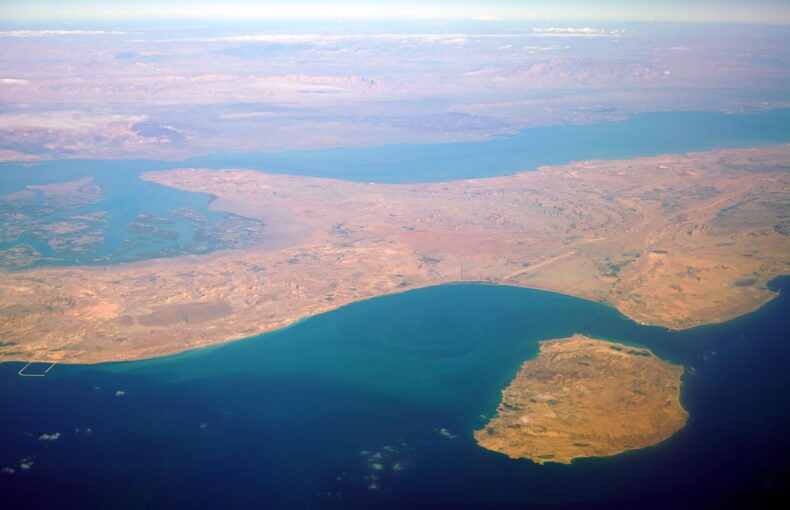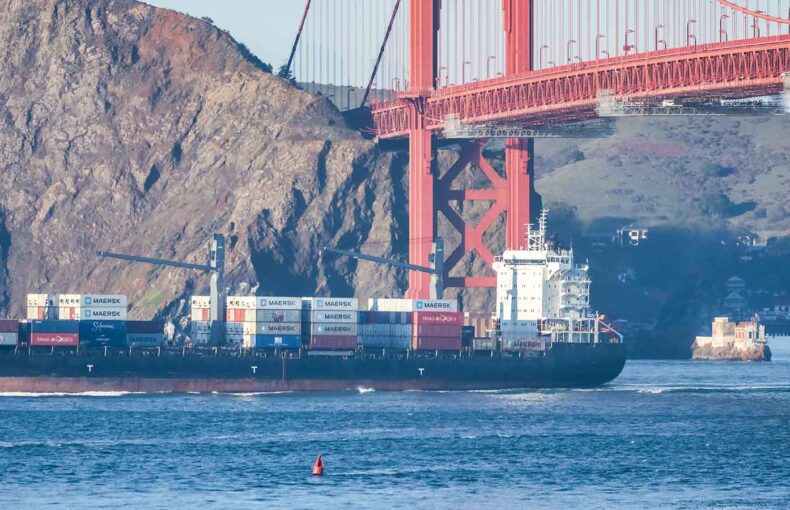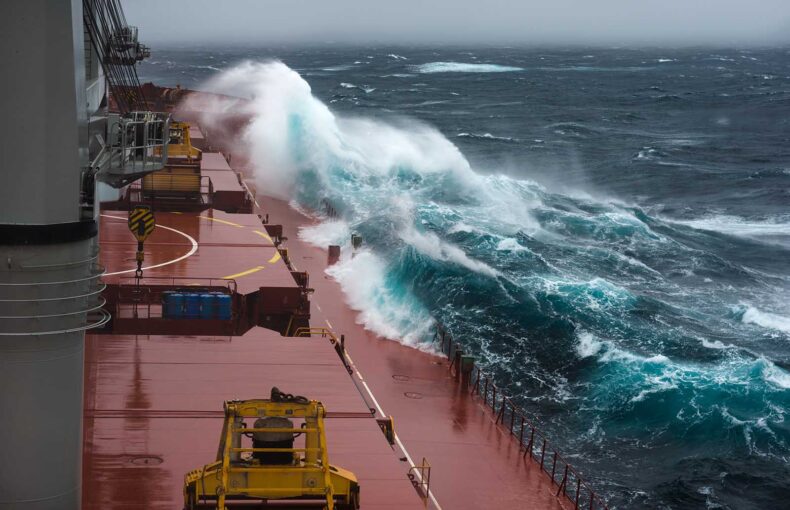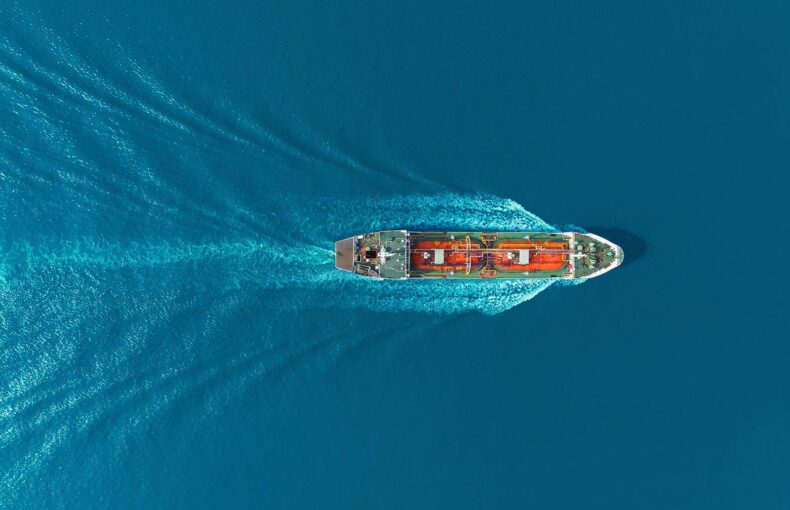CNBC’s Lori Ann LaRocco on logistics
Journalist, producer, Freightwaves columnist and author Lori Ann LaRocco is passionate about logistics.
Journalist, producer, Freightwaves columnist and author Lori Ann LaRocco is passionate about logistics.
Journalist, producer, Freightwaves columnist and author Lori Ann LaRocco is passionate about logistics.
In fact, she turned a childhood interest into a career as a maritime, trade and logistics expert. She is the author of six books, including Dynasties of the Sea: The Shipowners and Financiers Who Expanded the Era of Free Trade, the first book to examine how shipping magnates shaped global trade and economic development; Trade War: Containers Don’t Lie, Navigating the Bluster on some of the strategies business leaders employ to navigate the trade wars; and Dynasties of the Sea: The Untold Stories of the Postwar Shipping Pioneers, profiling more than a dozen men and women who built the great maritime companies over the past 50 years, and “have helped raise a billion people out of poverty.”

Listen to Lori Ann LaRocco’s take on logistics and trade trends on the Maritime Means podcast, hosted by Blythe Brumleve.
While consumers and businesses focus on what’s on store shelves to purchase, whether daily groceries, household items or specialty gifts, behind the scenes, the “trade superhighway” as LaRocco calls it, must, and usually is, operating smoothly in order for trade–from orders and manufacturing to point of sale–to operate smoothly.
LaRocco analyzes data and looks for trends to predict and anticipate how the flow of trade affects both the US and global economies.
Much like a meteorologist forecasts the weather by analyzing indicators like precipitation, wind, etc., LaRocco regards shipping and logistics as an forward-looking indicator of the health of a country’s economy. That is, if consumers are purchasing, there will be more orders and shipments coming to U.S. ports to meet demand and restock store shelves, and the cycle will repeat itself. This is a model of trade running smoothly.
Why is logistics important?
However, there are typically some hiccups, that can be quickly addressed, or larger (see aforementioned pandemic, where trade came to a grinding halt for a time). Weather disruptions, shortages of commodities and aging labor force and infrastructure issues are other factors that can slow trade flow.
Most of the general public didn’t pay much attention to the supply chain until the COVID lockdowns of 2020, when items like toilet paper, and flour were scarce. After troubleshooting shortages worldwide, more of the public is familiar with the issues around trade and the global supply chain.
People are at the center of trade
Noteworthy is LaRocco‘s reminding readers, viewers and industry leaders that “Trade is created, managed and facilitated by people.“; and if there is a disruption, such as a global pandemic, people–the workers at manufacturing, transport and warehousing jobs, to name a few–may not be available at the same staffing levels as before the disruption event. In fact, says LaRocco, pandemics make people sick and unable to work, resulting in a lack of people to fill crucial jobs at the ports, in trucking and to load containers slows trade.
Using a favorite analogy of pipes to explain how the global supply chain works, LaRocco says simply put, everyone wants trade to “flow” through the pipes unencumbered. She explains how trade tariffs, container shortages and other factors create “elbows” in the pipe and “hairballs” that clog the pipes. She recently launched a pet project and trend indicator at CNBC, the “Heat Map”, to educate viewers on where and how the “hairballs” in the trade pipeline can interrupt smooth trade operations.
LaRocco’s deep knowledge and command of the complex factors surrounding trade can help all of us understand that we are truly interconnected in the global economy.
 Written by
Written by


